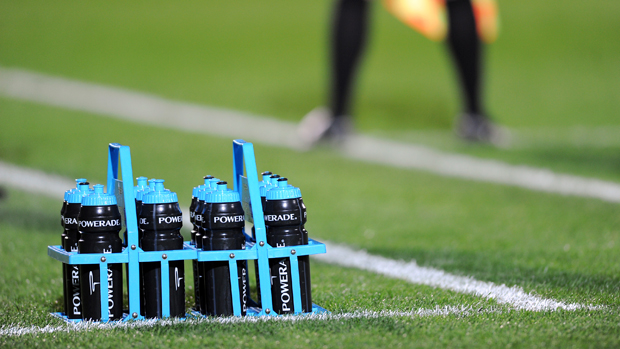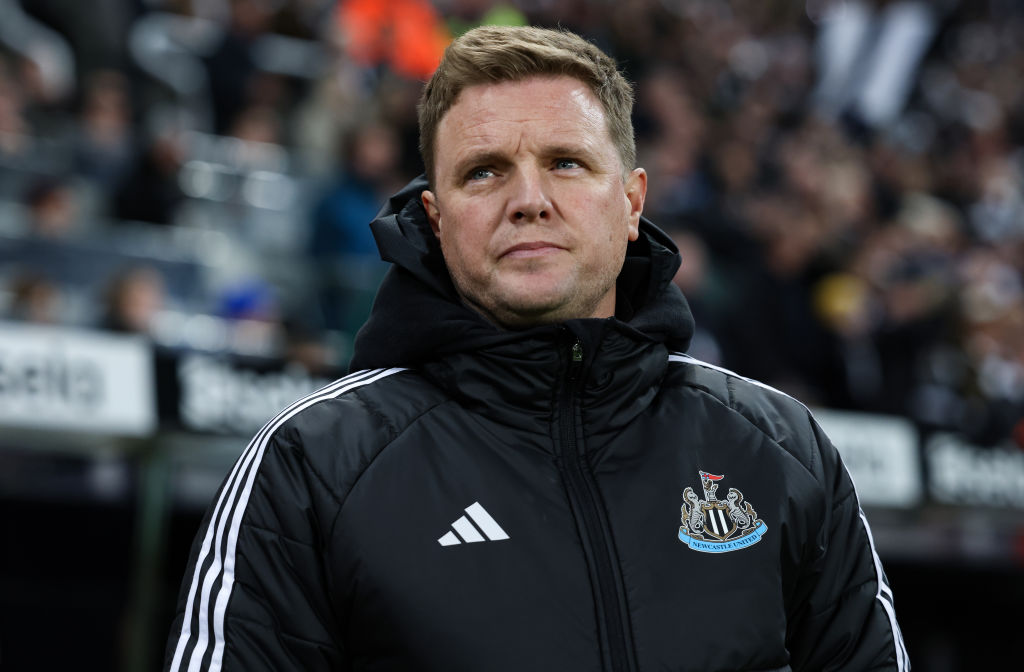Why is it important to stay hydrated?
How to be in the top 10%

1 A ‘dry run’ ruins your game
Playing football when you’re dehydrated not only impairs your physical performance but also drains your brain – making it harder to make the right judgement calls during a game. A team at the UCOL Institute of Technology, at Palmerston North in New Zealand, measured the effects of only moderate dehydration on footballers over 45 minutes and found that both fitness and concentration levels dipped when fluids weren’t taken.
2 Fluids – a footballer’s fuel
The alternating flow of football makes huge demands on the body – especially our muscles and the glycogen that feeds them. Research published in the International Journal of Sports Nutrition shows that footballers can play over two-thirds of a match at 85 per cent of their maximum heart rate. Nutrition scientists from the Escola Paulista de Medicina in Brazil found that to replace what you lose, you need to take on 150-300ml of carbohydrate-based fluids at half-time and take sips during stoppages in play throughout the game.
Related article: The dos and don’ts of hydration
3 Sports drinks are your best option
In the absence of anything else, water will do. But if your muscles are running on empty, your stamina can drop by as much as 50 per cent. Muscle glycogen is formed from carbohydrates, so in order to replace them you need a solution that will quickly deliver the right nutrients. New studies by scientists at the University of Edinburgh found that sports drinks containing carbohydrate, sodium, potassium, magnesium and calcium helped players stay at the top of their game 24 per cent longer than players who drank a non-carbohydrate placebo solution.
4 The post-match pints really won’t work
Get FourFourTwo Newsletter
The best features, fun and footballing quizzes, straight to your inbox every week.
While many Sunday footballers may claim that a few beers after a game is ‘carb loading’, in reality, the type and amount of drink you have after a game is as crucial to your performance as what you have during those 90 minutes. Studies published in the Journal of Science and Medicine in Sports found that alcoholic drinks after exercise left muscles 15-20% weaker by preventing the body’s conversion of carbs to glycogen and stopping muscles from naturally repairing.
5 Wet between whistles
The studies into post-match drinks found that those who didn’t replenish burnt out glycogen suffered with weaker muscles for up to 60 hours after their last game. Even between matches it’s crucial to take on liquids – essentially water, but also drinks containing body-boosting nutrients too. Recent research from the Universidad de Castilla-La Mancha (UCLM) in Spain found that over 90% of regular footballers begin a game with insufficient hydration levels. For best performance you need to maintain your fuelling before, during and after every game.
